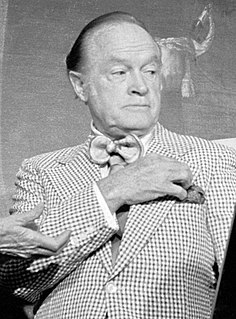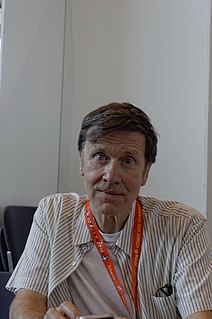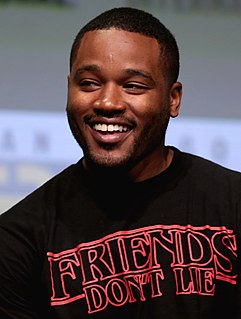A Quote by Bob Hope
If I had that kind of money, I wouldn't come to Vietnam, I'd send for it.
Related Quotes
I was arrested 1965. I had come back from the merchant marines, got into conversations about the war. I had never heard of Vietnam until I was in the merchant marines in constitution square in Athens, and I picked up the New York Herald or the International Herald Tribune and there was my first introduction of the word Vietnam.
My film isn't about Vietnam. It is Vietnam. It's what it was really like. It was crazy. And the way we made it was very much like the way the Americans were in Vietnam. We were in the jungle, there were too many of us, we had access to too much money, too much equipment and little by little we went insane.
Before playing football, I didn't fit in anywhere. My parents didn't have a lot of money, which they spent on our education to send us to Catholic private school in Oakland, mostly black. The other kids had more money than I did. I started school early; I was young. So I'd come back to my hood and read.
A time comes when silence is betrayal. That time has come for us in relation to Vietnam. A nation that continues year after year to spend more money on military defense than on programs of social uplift, is approaching spiritual death.I knew that America would never invest the necessary funds or energies in rehabilitation of its poor so long as adventures like Vietnam continued to draw men and skills and money like some demonic destructive suction tube. So I was increasingly compelled to see the war as an enemy of the poor.
I do think it's interesting when people are born into families that at one point had huge amounts of money and that money has kind of vanished over the generations and they're sort of the last vestiges. You see that these people live really quite modestly and yet, somehow the way the clothes fit them, they still have some kind of strange genetic advantage over the rest of us. There's always these weird things in which you detect the legacy. There's a pair of cufflinks that you look at and go, "Oh, my God! These had to come from the Romanovs."


































